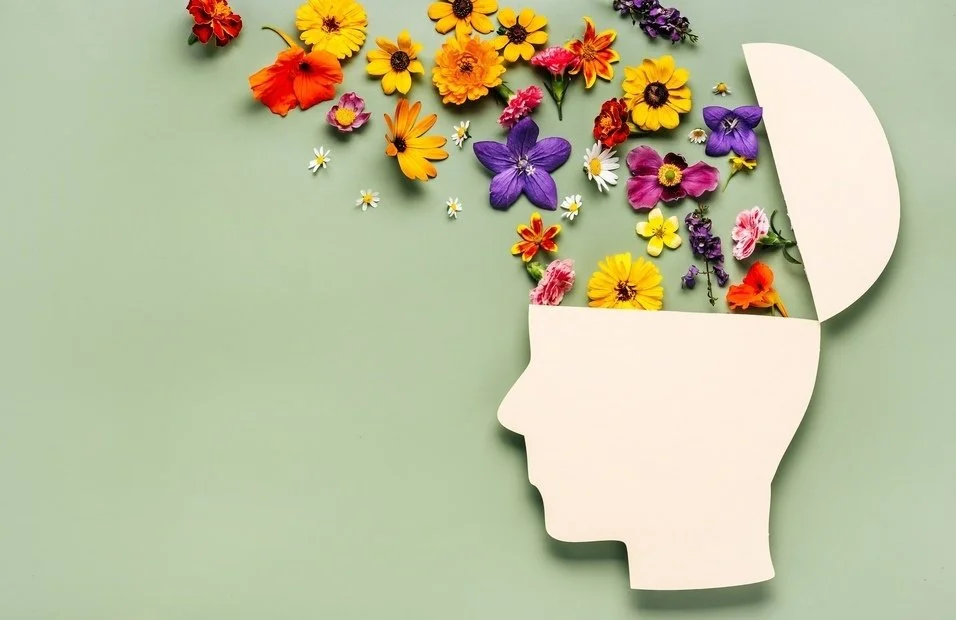Endometriosis and the Effect of Chronic Health Conditions on Mental Health
March is Endometriosis Awareness Month. Endometriosis is a condition that affects women, where endometrial tissue grows outside of the uterus. According to this study, 10% of reproductive-age women suffer from endometriosis.
Endometriosis is an inflammatory condition, where most symptoms present as painful periods, pain during intercourse, and chronic pelvic or abdominal pain. There is no cure for endometriosis – it is difficult to treat and can result in infertility.
The treatment plan for endometriosis involves medication that’s goal is to alleviate pain and not allow the symptoms to interfere with a patient’s daily life. The gold standard treatment for endometriosis is laparoscopic excision surgery, according to The Endometriosis Foundation of America. This procedure involves doctors removing growths and scar tissue while not harming the healthy tissue in the uterus.
Treatments aren’t always effective, and women with endometriosis typically live with intense pain daily. How do chronic illnesses affect mental health?
First, let’s define a chronic illness. Chronic illnesses are a condition that requires medical and/or affects a person’s daily life and lasts more than a year. According to the National Health Council, over 130 million Americans, or 40% of the population, are affected by chronic illnesses. About half of American adults have a chronic condition.
There is a strong relationship between chronic health and mental health conditions. The National Institute of Mental Health released a study that declared if you have a chronic illness, you are more likely to have or develop a mental health condition.
Suffering from a chronic illness can leave an individual feeling excess amounts of stress, loneliness, frustration, and exhaustion. All those feelings contribute to negative mental health.
Read below for some tips on how to support a loved one who suffers from endometriosis, or really any chronic illness.
How to support a loved one with endometriosis:
1. Believe Her Pain
This may sound very simple, but the road to an endometriosis diagnosis can be long and hard for a woman. Most of the time, she will have encountered a doctor or two who did not believe the amount of pain she was in was as significant as she explained. So when your loved one tells you she’s in pain, be there to support her and listen to her.
2. Ask About Her Needs
Chronic pain can leave a person feeling out of control of their life. If a woman’s daily routine is dictated by her endometriosis flare-ups or symptoms, she may feel a loss of control in her life. When your loved one is experiencing symptoms, or even when they feel okay, ask her what would serve her best right now. Give her some options to choose from. For example, if your friend is bed- or couch-ridden with a heating pad, ask her if she would like a hot bath, a movie night or something to eat.
3. Listen to Her Terms
Chronic pain can drain a person’s energy reserves. Even if they appear to be functioning normally, the endometriosis hasn’t gone anywhere. Understand that some days are harder than others. Don’t blame your loved one for canceling plans when they are experience pain or a flare-up. Let them know they are still important to you and that you care about them.
4. Offer Help
Help your loved one with little or big tasks. Bring her a heating pad when she exhibits signs of pain. Offer to get her groceries or do the dishes when she isn’t feeling well. Endometriosis exhausts the women who suffer from it and helping lessen her load can be a huge relief. It can be hard for a person with chronic pain to ask for help, most likely because they don’t want to seem needy, so offering or just doing tasks for her is a great way to help her out.
Most importantly, just be there for your loved ones who are suffering from endometriosis. Having a chronic illness can feel isolating and stressful, so showing your support whenever you can is important to maintaining a strong and healthy relationship.
Are you suffering from a long-term illness? You don’t need to accept mental health problems as a part of having chronic illness. If you need support, please reach out to us. Our team of therapists is here to provide support and guidance. We look forward to connecting with you.






